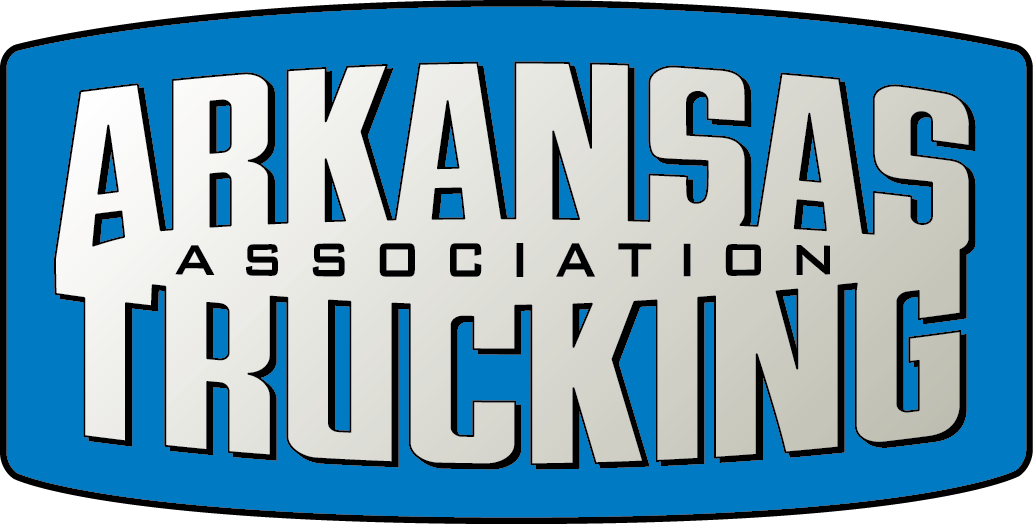The Arkansas Trucking Association welcomes the introduction today of the HOURS Act – common sense legislation that will deliver much needed technical adjustments to hours of service (HOS) regulations while continuing to ensure safety on our nation’s highways.
Proposed by Arkansas congressman Rick Crawford (R-1), along with Reps. Bruce Westerman (R-3) and Sanford Bishop (D-Ga.), the HOURS Act (Honest Operators Undertaking Road Safety Act) offers narrow and reasonable changes that allow for flexibility as professional drivers face distinct challenges as well as uniformity in certain types of operations. The bill also eliminates record keeping redundancy and provides a framework for efficiency in future regulatory changes.
Shannon Newton, president of Arkansas Trucking Association, offered praise for the legislation. “The HOURS Act addresses several issues that have been brought to light since electronic logging devices were mandated in 2017. We extend our appreciation to Rep. Crawford for introducing this bill, and are grateful that he continues to be a champion for the more-than 9 million Americans who work in the trucking industry.”
While the shift to electronic logging devices did not change HOS rules, they did bring to light a need for greater flexibility. The HOURS Act focuses on that need by applying uniform 150 air-mile radius HOS exemption to all drivers engaged in the transportation of livestock or agriculture products; extending the short-haul HOS exemption to all who operate within 150 air-miles of their work reporting location and complete their work day within 14 hours; reducing supporting documents requirement to only those verifying the start and end time of a driver’s daily on-duty period; and expediting FMCSA’s effort to review split sleeper berth flexibility by eliminating the requirement of an advance notice of proposed rulemaking (ANPRM) in the rulemaking process, specifically for this purpose.
Newton concluded, “The HOURS Act maintains the integrity of the hours of service regulations while recognizing distinctions in various segments of the industry. Most importantly, this relief will improve the lives of millions of professional drivers while maintaining safety as our top consideration.”


